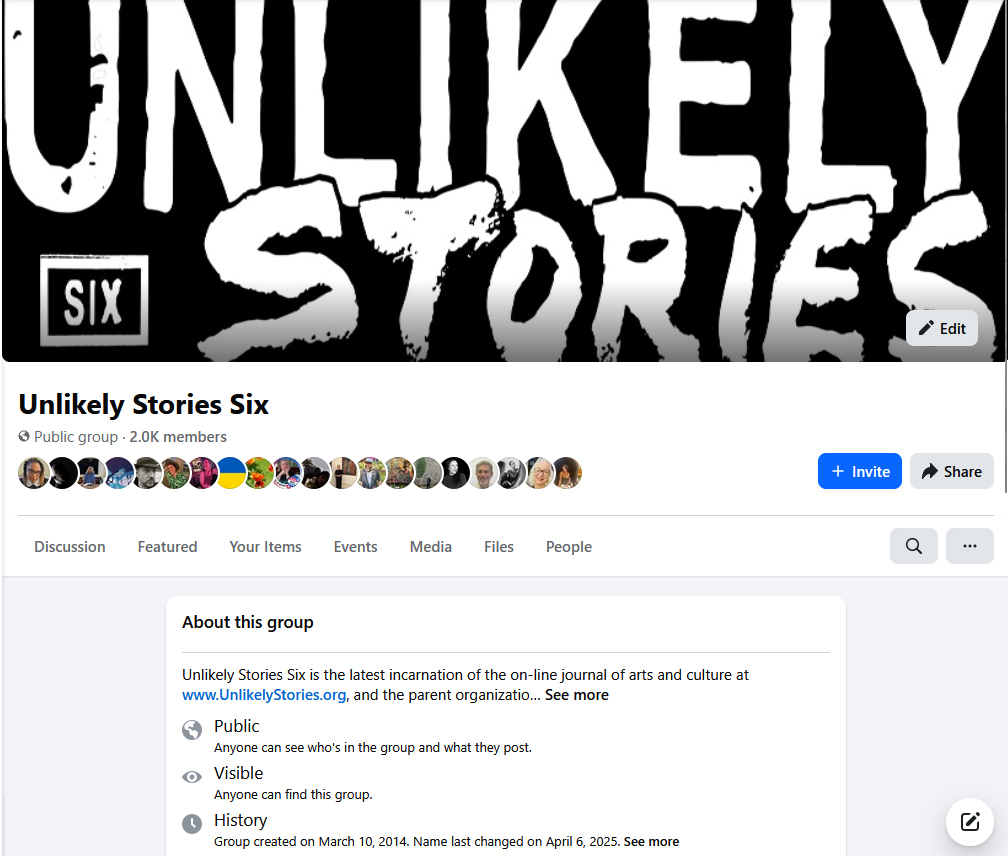A Sardine on Vacation, Episode 82
"A Sardine on Vacation" has been appearing in various incarnations of Unlikely Stories for many years. Recent Sardines can be found at Unlikely Stories Mark V.
The Sardine has an affection for and affinity with the aphorism (see Sardine Episode #2). It offers the beginning of a thought in the guise of being the final word on a matter. He’s been collecting aphoristic books, capped by The Viking Book of Aphorisms, edited by W. H. Auden, for many years. If he has a favorite aphorist, it’s Friedrich Nietzsche, perhaps because it was my introduction to the truncated form.
God-Fearing Public: He’s the monster who declared that God is dead.
We should check in with the German philosopher to be sure.
Nietzsche: The insane man jumped into their midst and transfixed them with his glances. ‘Where is God gone?’ he called out. ‘I mean to tell you! We have killed him, you and I! We are all his murderers!’
G-F P: We knew it. It’s painful to listen to him.
I think the more important part of the message is that you, the believers, killed him.
G-F P: Ridiculous.
He brings it up in a later part of the book.
Nietzsche: The most important of more recent events – that ‘God is dead’, that the belief in the Christian God has become unworthy of belief – already begins to cast its first shadows over Europe.
G-F P: It’s a sad day if it was true.
On the contrary.
Nietzsche: In fact, we philosophers and ‘free spirits’ feel ourselves irradiated as by a new dawn by the report that the ‘old God is dead’; our hearts overflow with gratitude, astonishment, presentiment and expectation.
Maybe we started with too heavy a concept.
G-F P: Didn’t he go insane.
Attack the man, not the idea.
G-F P: Wasn’t it a madman who declared God dead?
He wasn’t the first to say it.
“Plagiarist.”
He wrote the most inspired version of the idea, as well as having realized the profound effect it would have on people's moral assumptions. Maybe he hoped you wouldn’t realize it.
Logged-In Public: Why’d he write it?
He wasn’t trying to convince people of this fact. Besides, his reading public was very small. His idea could’ve ended up like the other utterances of the same truth.
G-F P: Wasn’t Hitler inspired by him?
No. You might be thinking of Thomas Mann or Jean-Paul Sartre being influenced.
“Who are they?” asked Joe T.
“I studied them in college,” says McNulty.
“Didn’t he create the Superman comic book?”
The term is ubermensch. Meaning ‘Overman.’
Nietzsche: “Man is something that shall be overcome. Man is a rope, tied between beast and overman — a rope over an abyss. What is great in man is that he is a bridge and not an end.”
L-I P: He’s an elitist.
Just like the Sardine.
What’s wrong with having a superior human being as a model? Nietzsche was interested in creating new values based human beings, not spirits in the sky.
Nietzsche: Not the intensity but duration of high feelings makes high men.
That German sang the praises of Caesar Borgia. Jeez, what am I, chopped liver?
He was saying that Borgia is looked at as a monster, a way for the moralists to discredit him.
“I think the Pope wants his due from Nietzsche,” says McNulty.
Nietzsche: Those who feel predestined to see and not to believe will find all believers too noisy and obtrusive: they fend them off.
[And not be offended.] comes a post from the Sardine’s Pun Pal.
I fit that description.
You shouldn’t exaggerate what you are.
Nietzsche: The familiarity of those who are superior embitters because it may not be returned….
I’ll show you mugs!
[Nietzsche quotes came from The Gay Science, translated by Walter Kaufmann, Vintage Books, New York & Thus Spoke Zarathustra, translated by R. J. Hollingdale, Penguin Books, Baltimore Maryland.]




Add comment